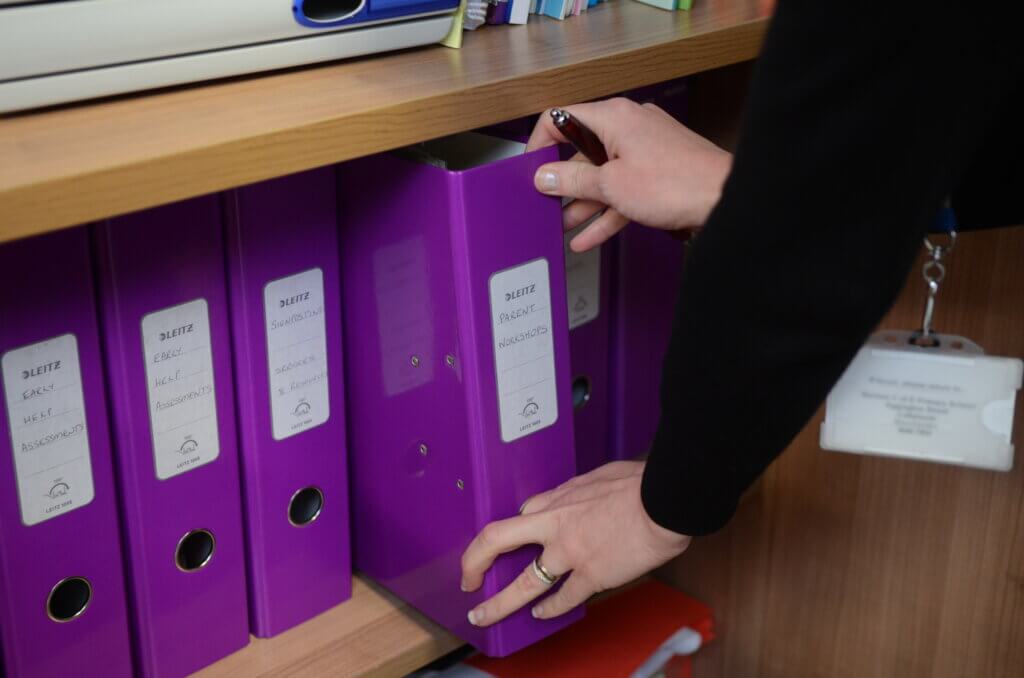The future of pay for teachers and school support staff
An estimated 200,000 teachers in England and Wales walked out on strike this week as part of the ongoing dispute over teachers’ pay. Whilst there has been no new offer on teachers’ pay for this year, the Department for Education (DfE) has recommended a pay rise of 3 percent for experienced teachers in 2023-24 in its submission to the School Teachers’ Review Body (STRB). In its evidence, the DfE also recommended increasing starting salaries from £28,000 to £30,000. Together, this results in a 3.5 percent rise for teachers across the board.
The DfE posits that an award of 3.5 percent is manageable within school budgets for next year, warning that ‘a pay award above what is affordable could require reductions in other areas of school spending and the need for schools to make efficiencies […] a higher pay award would also risk the fight against inflation.’ However, others have argued that a pay award of 3 percent for experienced teachers amounts to another real-terms pay cut, which will only exacerbate the recruitment and retention crisis. Geoff Barton, general secretary of the Association of School and College Leaders (ASCL) says that ‘the STRB must recommend the significant improvements to pay that are required to protect the education service from further harm.’
Meanwhile, school support staff employed by councils have been offered a pay rise of £1,925 from 1 April 2023. For the lowest paid, the offer equates to an increase of 9.42 percent this year, totalling at 22 percent over the two years since April 2021. For those on all pay points above the top of the pay spine, the offer stands at 3.88 percent.
Sian Goding, chair of the National Employers for local government services, recognises the additional pressure this will place on council finances, but believes this ‘offer is fair to employees, given the wider economic backdrop.’ Unions will now discuss the offer before providing a formal response.
Ofsted called to review its current grading system
The Confederation of School Trusts (CST) has called for reforms to Ofsted’s inspection system, highlighting that the law does not require the four grades that Ofsted uses for schools: outstanding, good, requires improvement, and inadequate. According to the law, Ofsted has a duty to report when a school is causing concern or requires significant improvement. With this in mind, the CST suggests that Ofsted could move to a binary grading system, where schools are judged to be causing concern or not.
As 88 percent of schools are currently judged good or better, the CST argues that now ‘is the right time for government to review whether the cost/benefit trade-off of its current approach to grading is right.’ However, authors of the report clarify that proposals are currently offered as stimulus for discussion, rather than being firm CST positions.
Other proposals include research into the validity and reliability of inspection, following the recent discovery that male Ofsted inspectors were more lenient in their judgements of primary schools than their female counterparts. Similarly, the inspectorate is encouraged to provide more clarity on how attainment data is used in its methodology, in response to concerns that pupil achievement is underplayed in some inspections. To find out more, you can access the full report.
Plans to transform special educational needs and disabilities provision
This week, the government set out its vision for special educational needs and disabilities (SEND) reform. These include plans to build 33 free special schools, the introduction of a new SENCo qualification, and the publication of an inclusion dashboard. Whilst leaders welcome ambitions to transform the SEND landscape, there are concerns that many of the key proposals will not be rolled out until 2025.
These proposals include the creation of new National Standards to set clear and ambitious expectations for the types of support that should be ordinarily available in mainstream settings, improving consistency across the system and ensuring children’s needs are met. Some National Standards will be piloted later this year, but a significant proportion will only be published by the end of 2025.
Similarly, the government has pledged to develop a digitised system for education, health and care plans (EHCPs), but this will not be rolled out nationally until 2025. Ministers hope this will reduce the administrative burden of EHCPs, whilst improving the experience and satisfaction of parents, carers and professionals.
Paul Whiteman, general secretary of the school leaders’ union, NAHT, says that ministers’ proposals appear positive on the surface. However, he adds that ‘we need to see urgency from the government in listening to and acting upon feedback and implementing fully-funded changes that make a real difference for children and families.’
As we reflect on the headlines this week, it is clear there is a growing appetite for reform in the education landscape.
Join us in looking to the future of education as we come together for our Leadership in Education Conference on 27 April 2023.
We are delighted to announce that this event is free to attend, but has limited tickets so please book early!
We welcome all leaders to join us in exploring the key issues facing schools and academies today, and preparing to meet the challenges of tomorrow.















